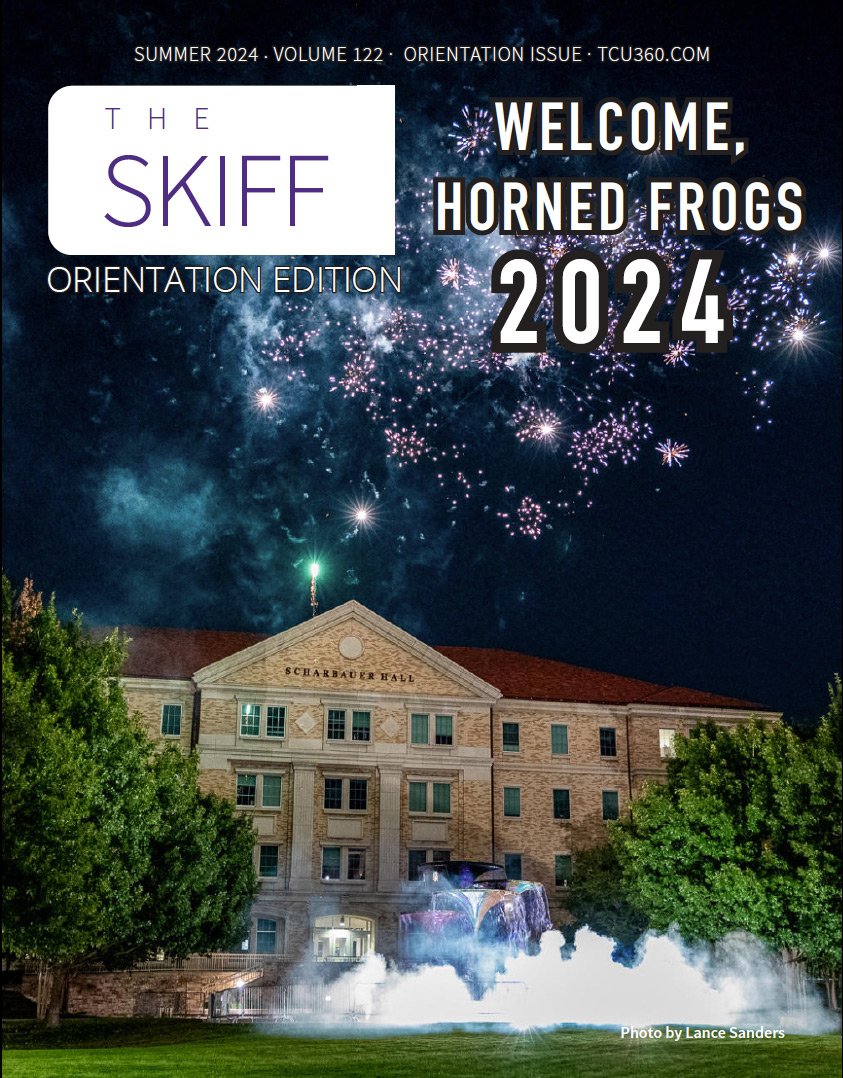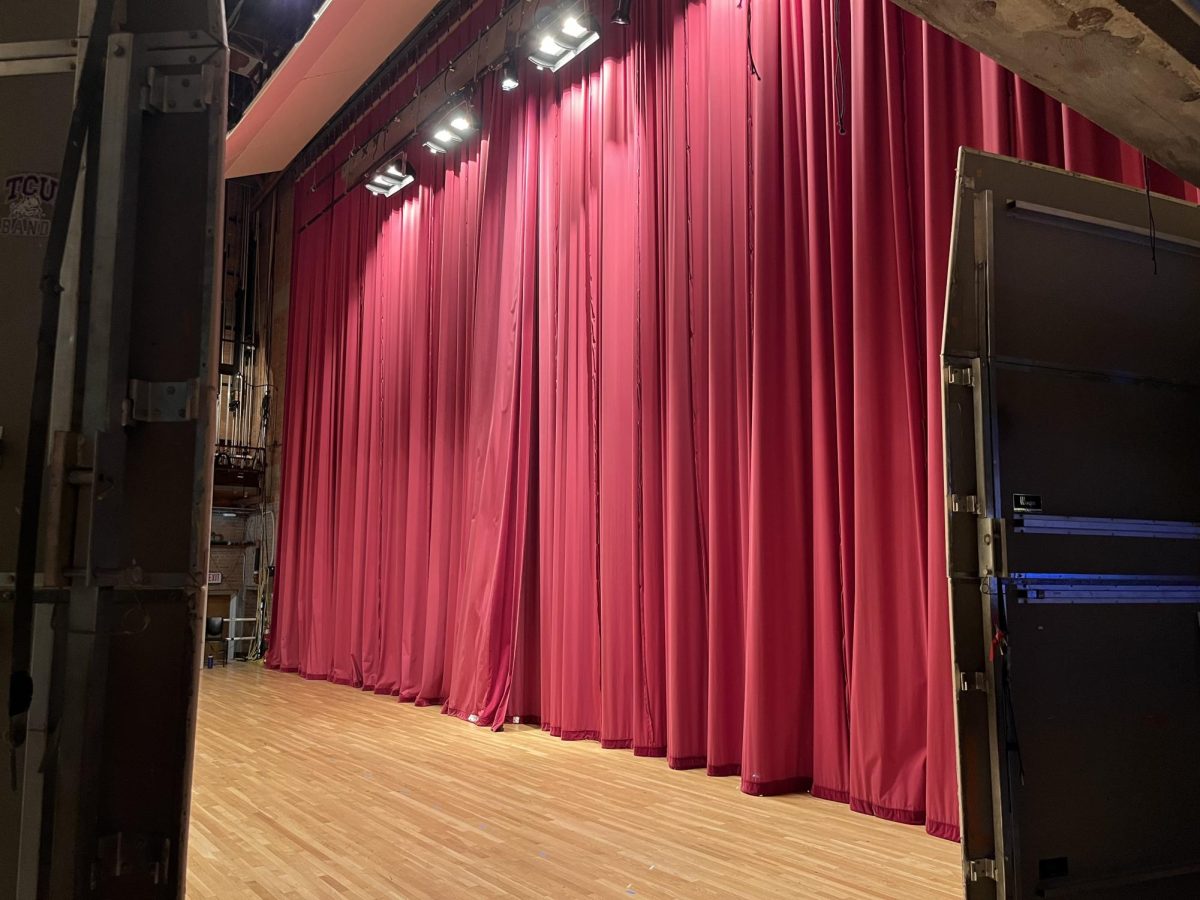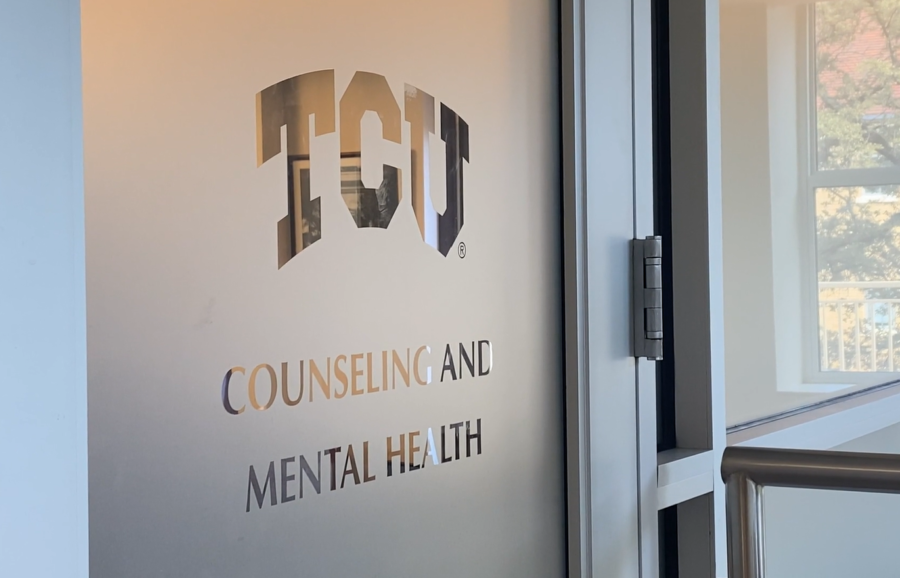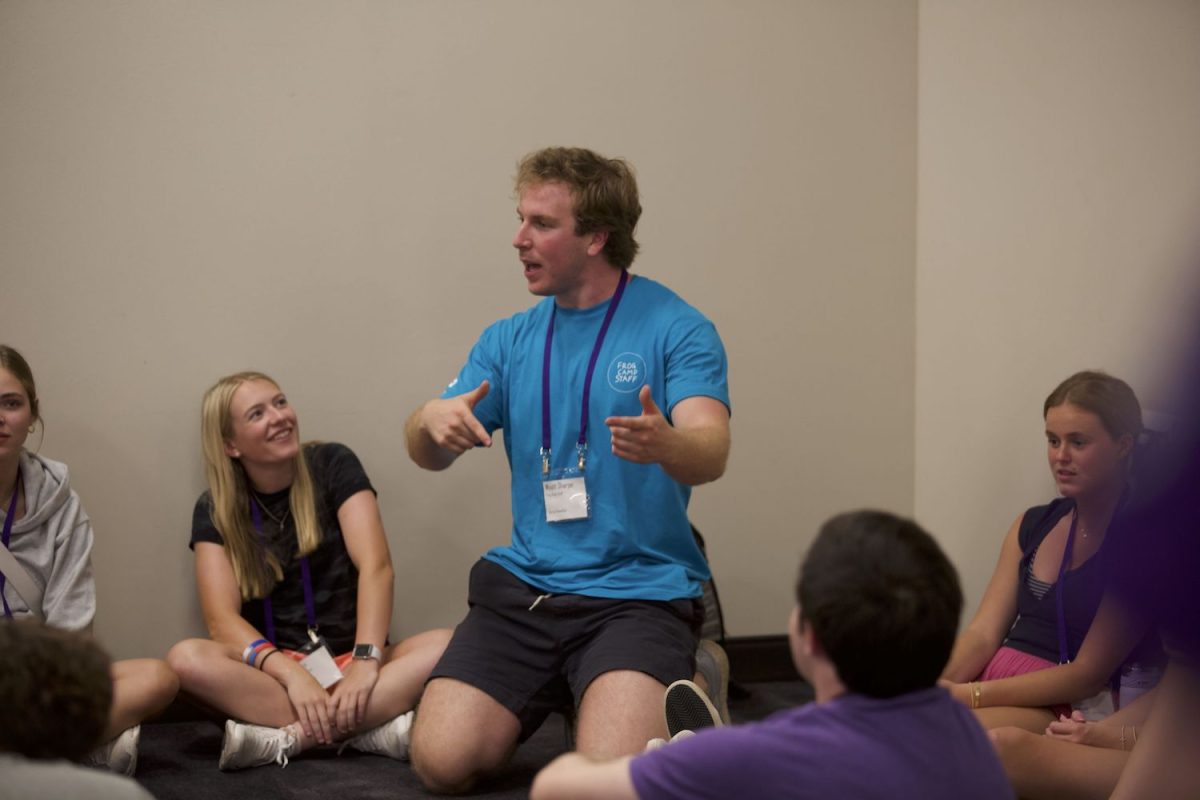Hundreds of TCU students wake up every morning and reach for a Celsius or a cup of coffee to fuel their day.
According to a study by The National Library of Medicine, 92% of college students are riding the caffeine wave, consuming up to 800 mg of caffeine per day, double the recommended dosage.
From dining halls and vending machines to coffee shops like Starbucks, Common Grounds and Dutch Bros that are less than five miles from campus, caffeine hotspots are all around TCU’s campus.
“I have caffeine right when I wake up,” said Sage Villone, a sophomore movement science major. “I have it every day.”
Although the recommended dosage of caffeine is 400 mg daily, according to the Mayo Clinic, college students may overconsume caffeine as a pick-me-up to combat fatigue during lectures or push through late-night study sessions.
“The energy drink I usually have has about 200 milligrams (of caffeine),” said Villone. “I drink it so I don’t fall asleep during class, and I feel like it gives me more focus.”
Elevated levels of caffeine consumption can lead to irritability, fatigue and a decrease in the quality of sleep. Excessive daytime fatigue leads to poorer academic performance, according to the Ibom Medical Journal.
Students do not need to stop consuming caffeine altogether, but there are healthier alternatives to combat fatigue aside from sleeping more. Rather than reaching for another Celsius, try going on walks, drinking ice water, working out or taking power naps.











